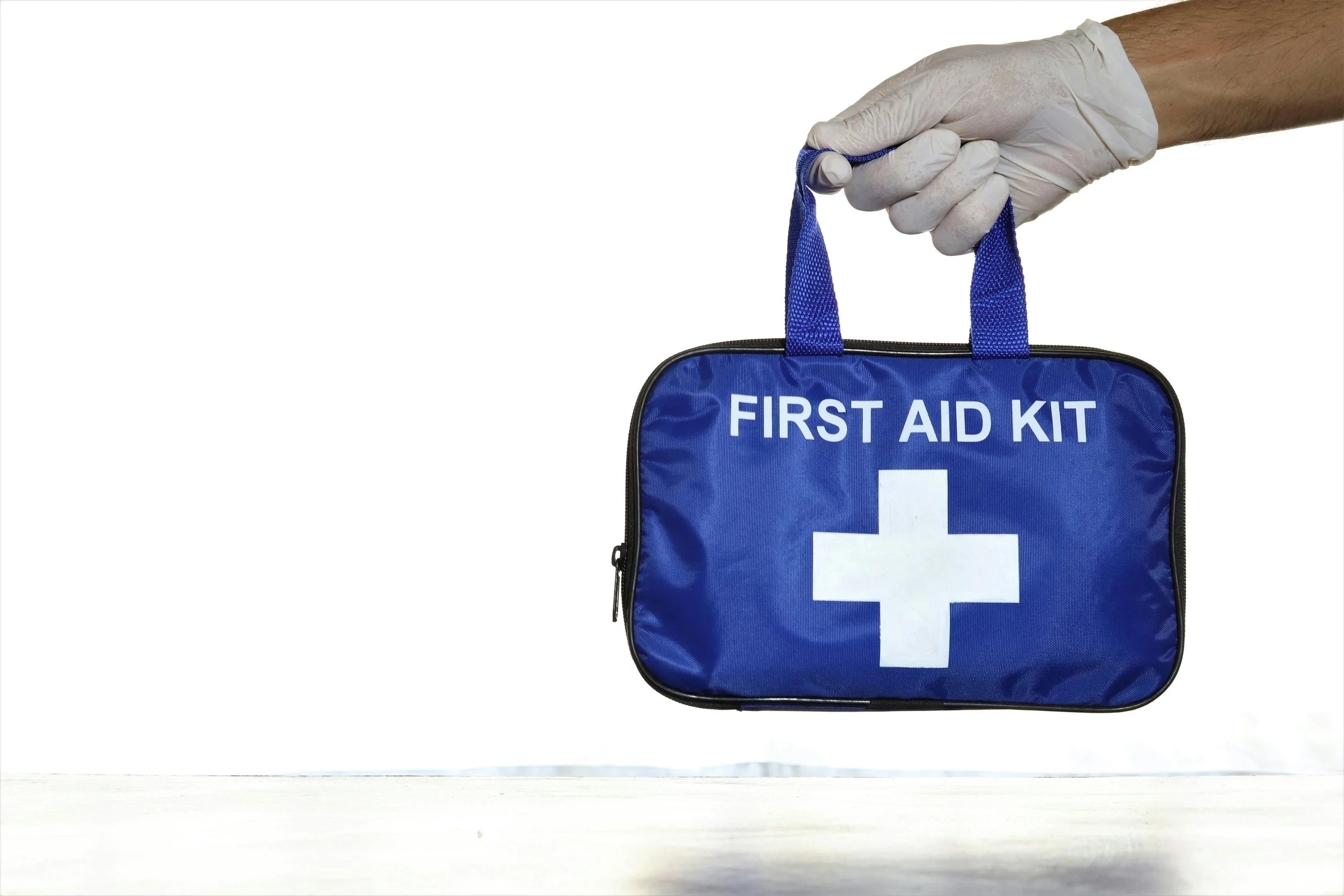Healthy Home, Healthy Family
RH Business Marketing Solutions
Emergency kits are essential to keeping you and your loved ones safe. The last thing you ever want is to be faced with a medical emergency and realize you don't have anything to help. It could be a sudden cut from a kitchen knife, a sprained ankle, or a nasty burn from cooking. In any situation, your family emergency kit will give you much-needed peace of mind and assistance in a dire situation.
Why You Need an Emergency Medical Kit in Your Home
Emergency medical kits protect you and your loved ones if you're ever injured. They can offer fast ways to stop bleeding, disinfect wounds, and offer pain relief before you can see a doctor or before paramedics arrive.
You may also find yourself reaching for an emergency kit to help a friend or neighbor. You never know when you need to help someone, and your kit will give you peace of mind whenever accidents happen.
What to Put in an Emergency Medical Kit
Choose a waterproof kit that can safely store all your medical supplies. There are various things to include that you may want to add to if you opt for a store-bought kit that doesn't have everything in this list.
● Gauze - You can use gauze to bandage wounds and act as a tourniquet to stop bleeding.
● Band-Aids in Various Sizes - These will ensure you always have coverage for a cut or wound that needs protection.
● Alcohol and Hydrogen Peroxide - Disinfecting a wound is critical to preventing infection, and the sooner you can act, the better.
● Pain Relievers - Ibuprofen, Advil, and even CBD can be helpful at alleviating aches and pains.
● Antihistamines - These medications help stop itching and curb allergy symptoms.
● Dramamine - It may be thought of as a sea-sickness medicine, but Dramamine can also help prevent dehydration from excessive vomiting.
● Preparation H - This medication can treat inflammation and pain from various burns, and it has a numbing effect thanks to the inclusion of lidocaine.
● Baby Aspirin - When someone has chest pain and you suspect a heart attack, chewing four baby aspirin tablets could be life-saving until they get medical attention. Make sure to chew, not swallow, the aspirin for rapid absorption.
● EpiPen - These are prescription-only, but if you or a family member have serious allergic reactions and require an EpiPen, always keep one within reach and a spare just in case.
● Steri Strips - Also known as butterfly sutures, these are adhesive bandages that can hold a wound together, which can help prevent infection and reduce the risk of scarring.
You may have found CBD an interesting recommendation on this list, but there is good reason to include it. CBD, or cannabidiol, is a non-psychoactive ingredient in the cannabis plant that can help adults find relief from a wide range of physical ailments. It also carries a much lower risk of side effects than traditional pain medications, including over-the-counter options.
Build Your Emergency Kit for Peace of Mind
Having an emergency medical kit at home is the best way to be prepared for emergencies and keep you and your loved ones safe. Once you've built a good kit, be sure to check it at least once a year to replace any supplies or make any additions that could be helpful.
